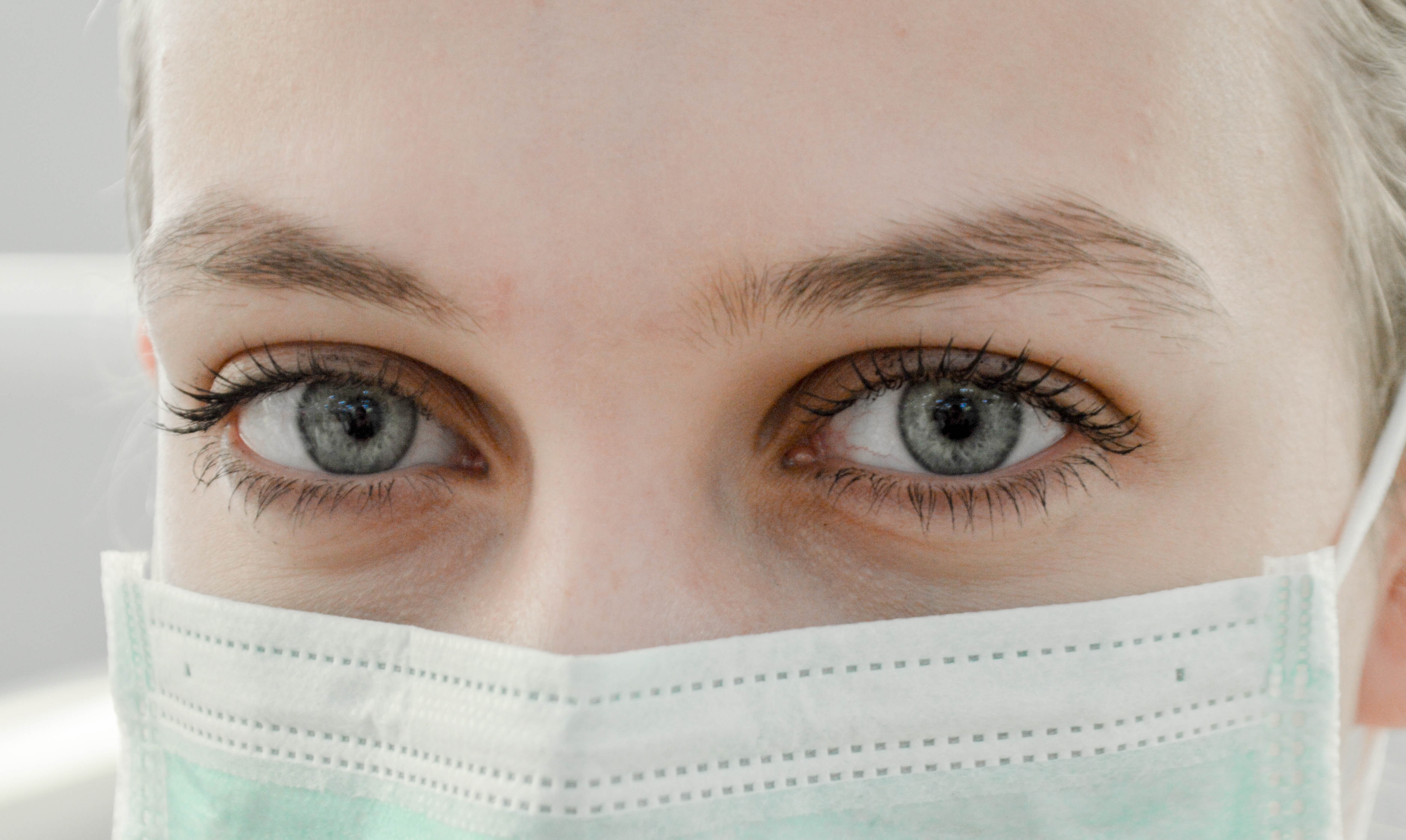– Story by Patti Mertz
You never heard this complaint from your kids before COVID-19.
Now that they have to wear masks in school all day, they’re telling you that the masks can start to smell funky.
Ontario Dental Association past president Dr. LouAnn Visconti says that’s because of bad breath. It can be caused by stomach issues and throat issues, such as decaying tonsils.
“And,” she adds, “you can also have bad breath because of bacteria that live in your mouth can grow and thrive in the different areas of your mouth, like on your teeth, on your gums, on your tongue.”
Her primary advice to battle mask mouth is to keep the amount of smelly bacteria in your mouth to a minimum.
“You should be brushing at least twice a day,” Dr. Visconti advises. “If you’re wearing things like braces, it might take you a little longer to get the plaque out from around them. If you’re wearing dentures, partial dentures or retainers, you want to make sure that you brush these as well.”
Visconti has a lot more on mask mouth causes and remedies. Click here for the complete interview.






